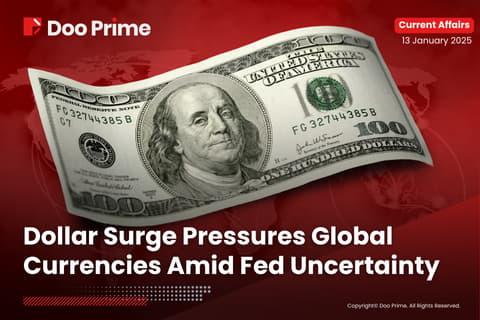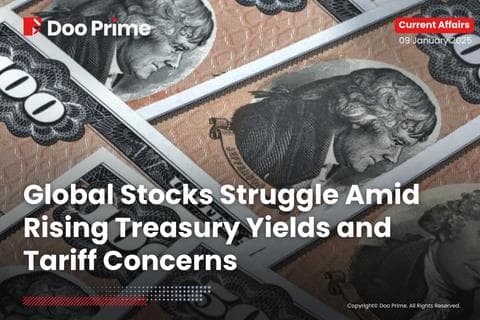WORLDWIDE: HEADLINES
Australia’s Central Bank Warns Economy To Slow Sharply As Inflation Soars
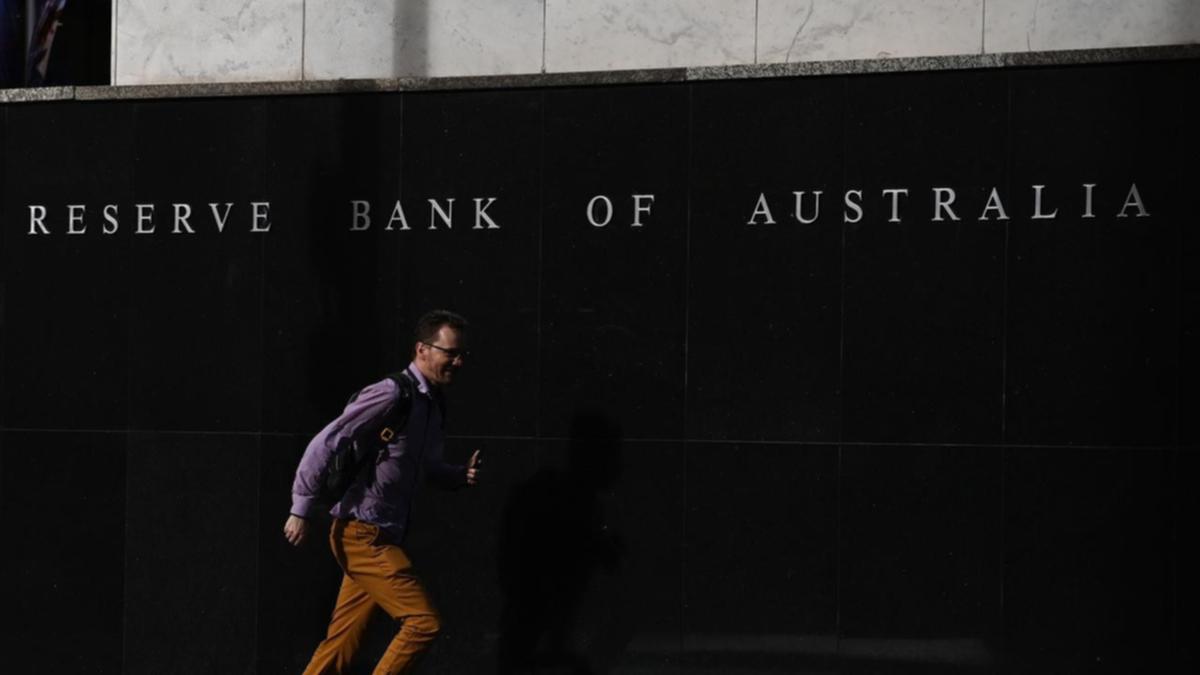
Australia’s central bank on Friday warned inflation was heading to three-decade highs requiring further hikes in interest rates that would slow growth sharply, making it tough to keep the economy on an “even keel”.
In its quarterly Statement on Monetary Policy, the Reserve Bank of Australia (RBA) jacked up its forecasts for inflation, downgraded the outlook for growth and foreshadowed an eventual rise in unemployment.
Yet even with further increases in rates, inflation was not expected to return to the top of its 2-3% target range until the end of 2024, pointing to a long period of pain ahead.
“It is seeking to do this in a way that keeps the economy on an even keel,” said RBA Governor Philip Lowe in the introduction to the 66-page statement.
“The path to achieve this balance is a narrow one and subject to considerable uncertainty.”
Full coverage: REUTERS
Indonesia GDP Growth Beats Forecast In Q2, Fastest In A Year

Indonesia’s economic growth accelerated in the April-June quarter amid an export boom driven by rising commodity prices, official data showed on Friday, but monetary tightening, rising inflation and a global recession risk threaten the outlook.
Second-quarter gross domestic product (GDP) was up 5.44% on a year earlier, showing the fastest growth rate in a year, according to Statistics Indonesia data. That beat the median forecast of a 5.17% rise in a Reuters poll and the first quarter’s 5.01% annual growth.
Exports expanded nearly 20% on a yearly basis, picking up pace from 16.22% in the previous quarter, which the statistics bureau called “impressive”.
Household consumption, which accounts for more than half of GDP, recovered further after the lifting of COVID-19 restrictions, with the Eid al-Fitr celebration in May providing a further boost. However, investment slowed.
By sector, food and beverages, mining, construction and transport and warehousing industries saw faster expansion than in the previous period.
Full coverage: REUTERS
WORLDWIDE: HEADLINES
European Shares Fall As Energy Stocks Weigh; Focus On U.S. Jobs Data
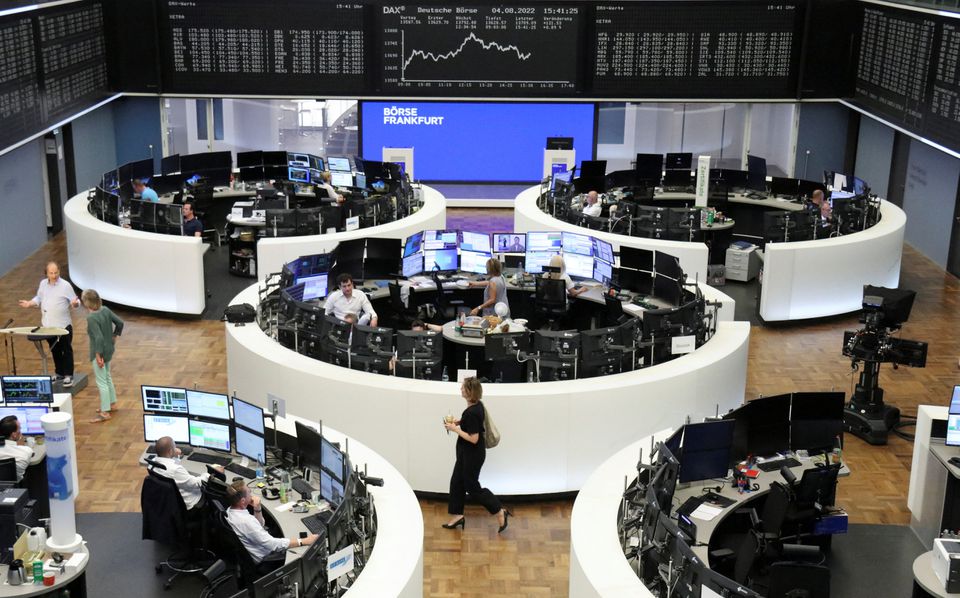
European shares edged lower on Friday as crude prices continued to weigh on energy stocks, with all eyes on U.S. jobs data expected later in the day.
The pan-European index STOXX 600 (.STOXX) was down 0.1% amid worries that the U.S. Federal Reserve’s aggressive pace of rate hikes would slow economic growth in the world’s largest economy.
The oil and gas sector (.SXEP) fell 1% as crude prices languished near their lowest since the start of the conflict in Ukraine, with markets juggling concerns of supply shortage and slower demand.
Company results were mixed on Friday, with Deutsche Post (DPWGn.DE) up 6.4% on posting double-digit growth in revenue and earnings.
Full coverage: REUTERS
Dollar On Backfoot Ahead Of Key U.S. Jobs Data
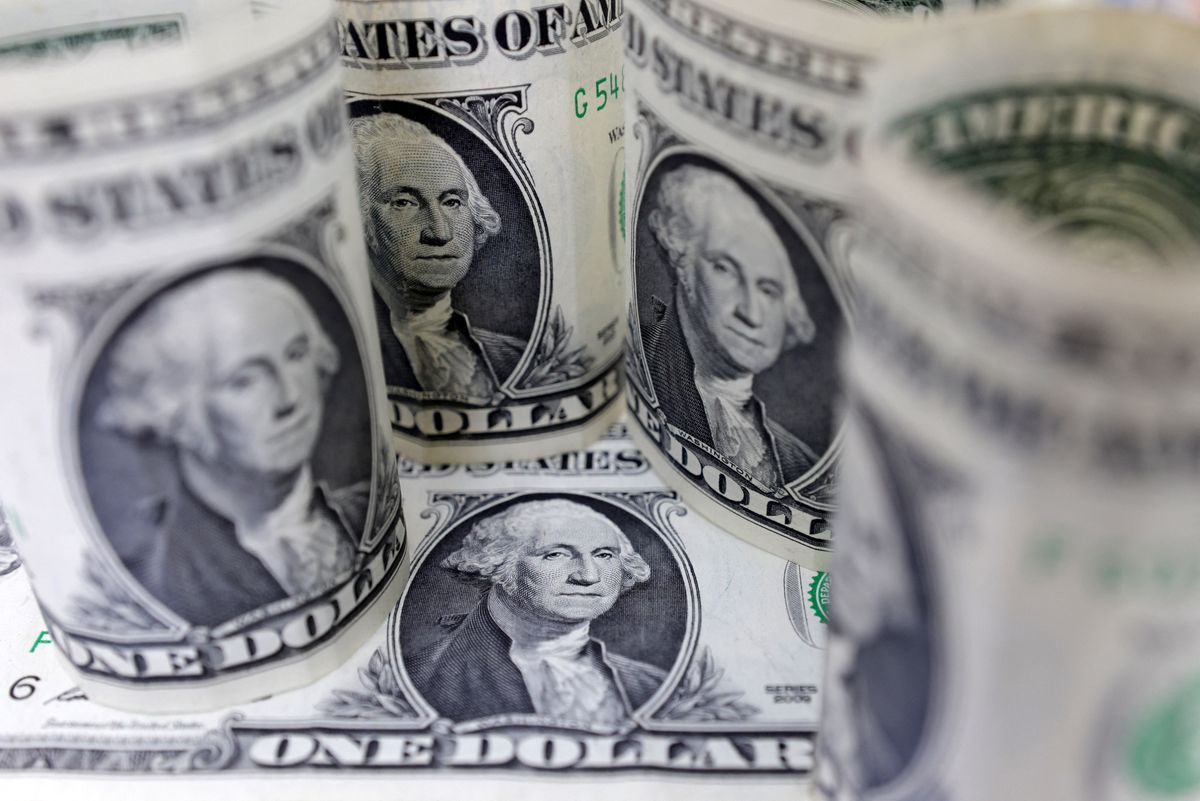
The dollar struggled to gain a footing on Friday after falling by its sharpest pace in two weeks, as investors remained on tenterhooks ahead of the widely anticipated U.S. jobs data and amid growing worries about a recession.
The U.S. dollar index , which measures the greenback against a basket of currencies, fell 0.68% overnight, the largest fall since July 19, and last traded 105.79.
Investors await the key U.S. nonfarm payrolls report due at 1230 GMT, which will provide hints of how the U.S. economy is faring. Economists expect an increase of 250,000 jobs for the month of July, after 372,000 were added in June.
“Payrolls just clearly seems to be on everyone’s mind for tonight, so I think that’s keeping things relatively subdued,” said Ray Attrill, head of FX strategy at National Australia Bank.
However, signs of softening in the labour market could already be underway, as overnight data showed that the number of Americans filing new claims for unemployment benefits increased last week.
Full coverage: REUTERS
Oil Prices Extend Losses On Demand Worries
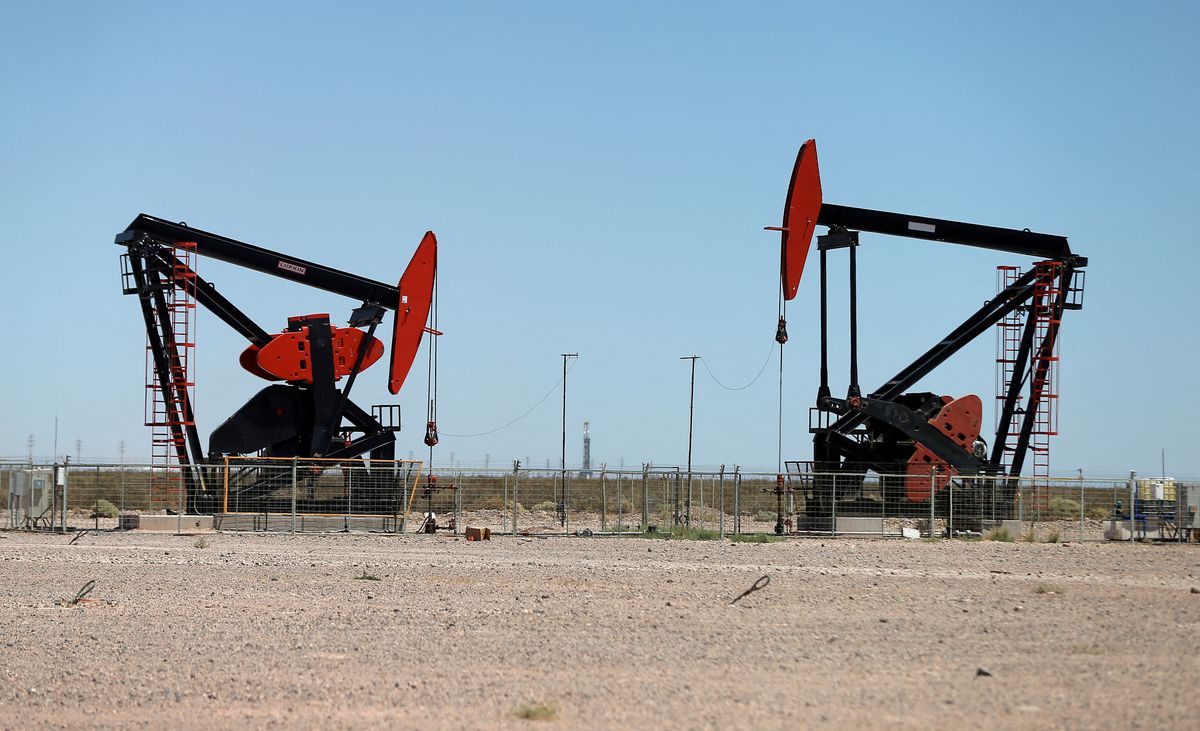
Oil prices extended losses on Friday, after hitting their lowest since before Russia’s February invasion of Ukraine in the previous session, as the market fretted over the impact of inflation on global economic growth and demand.
Brent crude dropped 10 cents, or 0.1%, to $94.02 a barrel by 0047 GMT, while U.S. West Texas Intermediate crude was at $88.48 a barrel, down 6 cents.
“Crude oil fell further on demand concerns on a cloudy economic outlook,” CMC Markets analyst Tina Teng said. “If commodities are not pricing in an imminent economic recession, they might be preparing for a ‘stagflation’ era when the unemployment rate starts picking up and inflation stays high.”
Recession worries have intensified following the Bank of England’s warning of a drawn-out downturn after it raised interest rates by the most since 1995.
Full coverage: REUTERS

